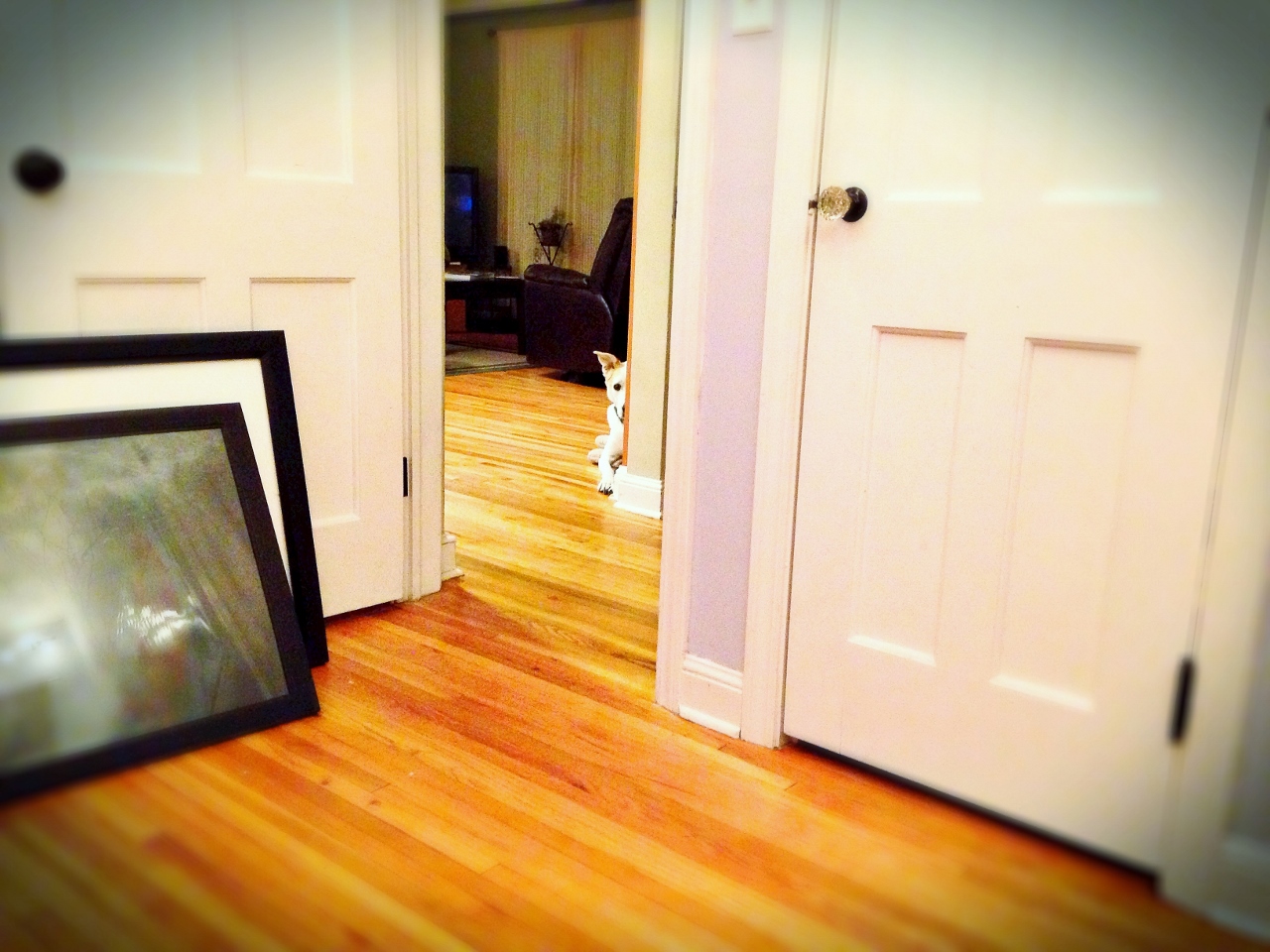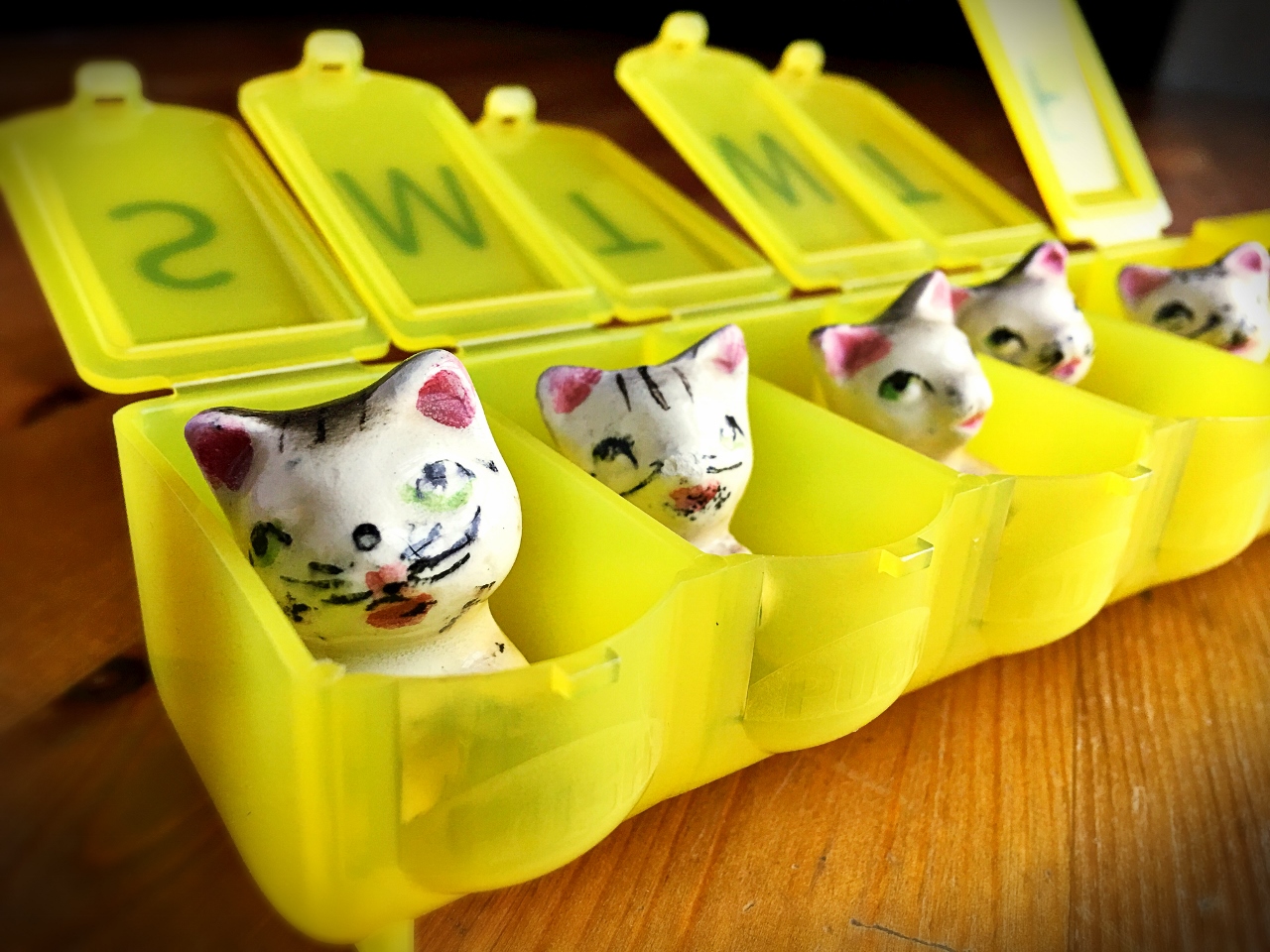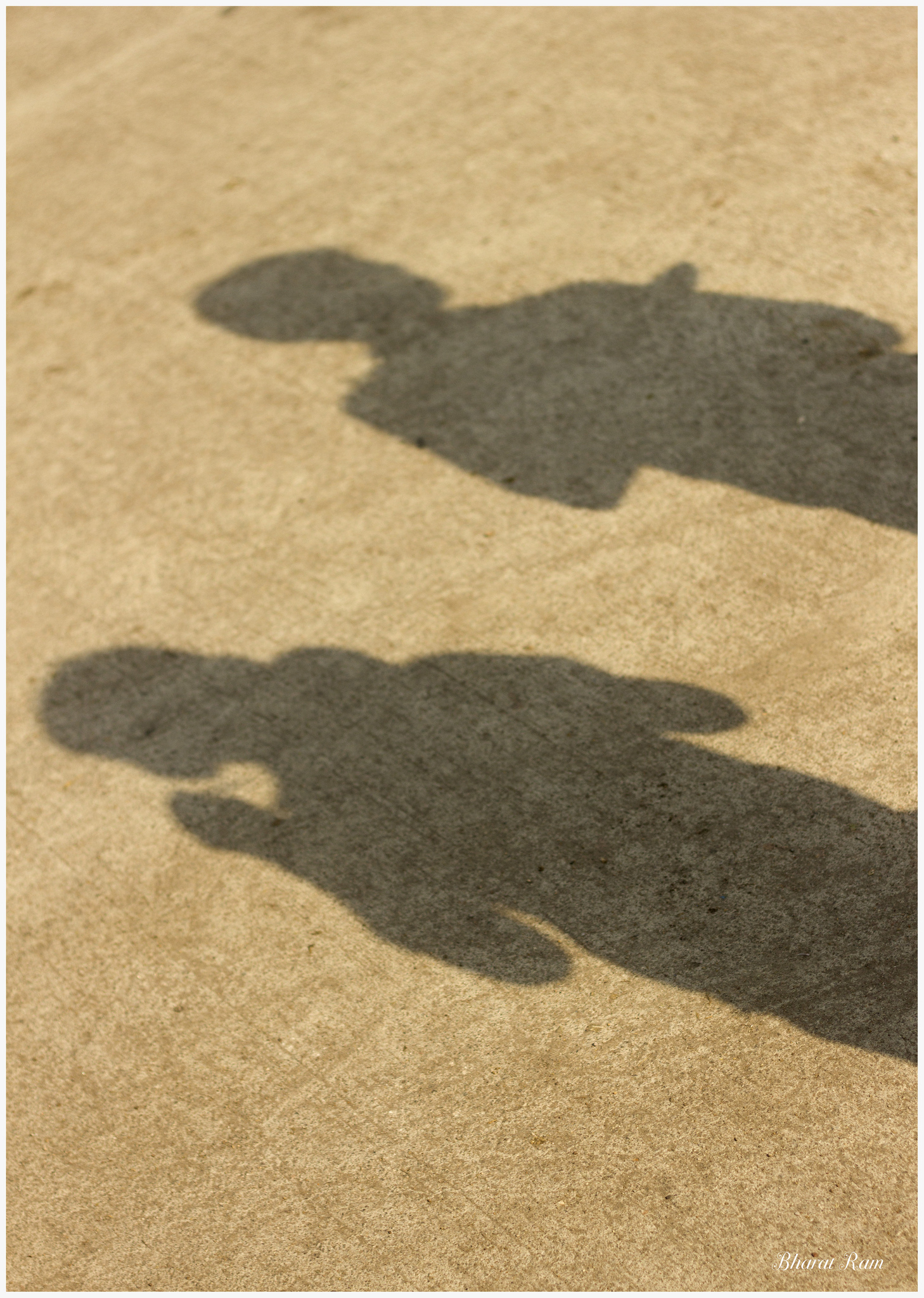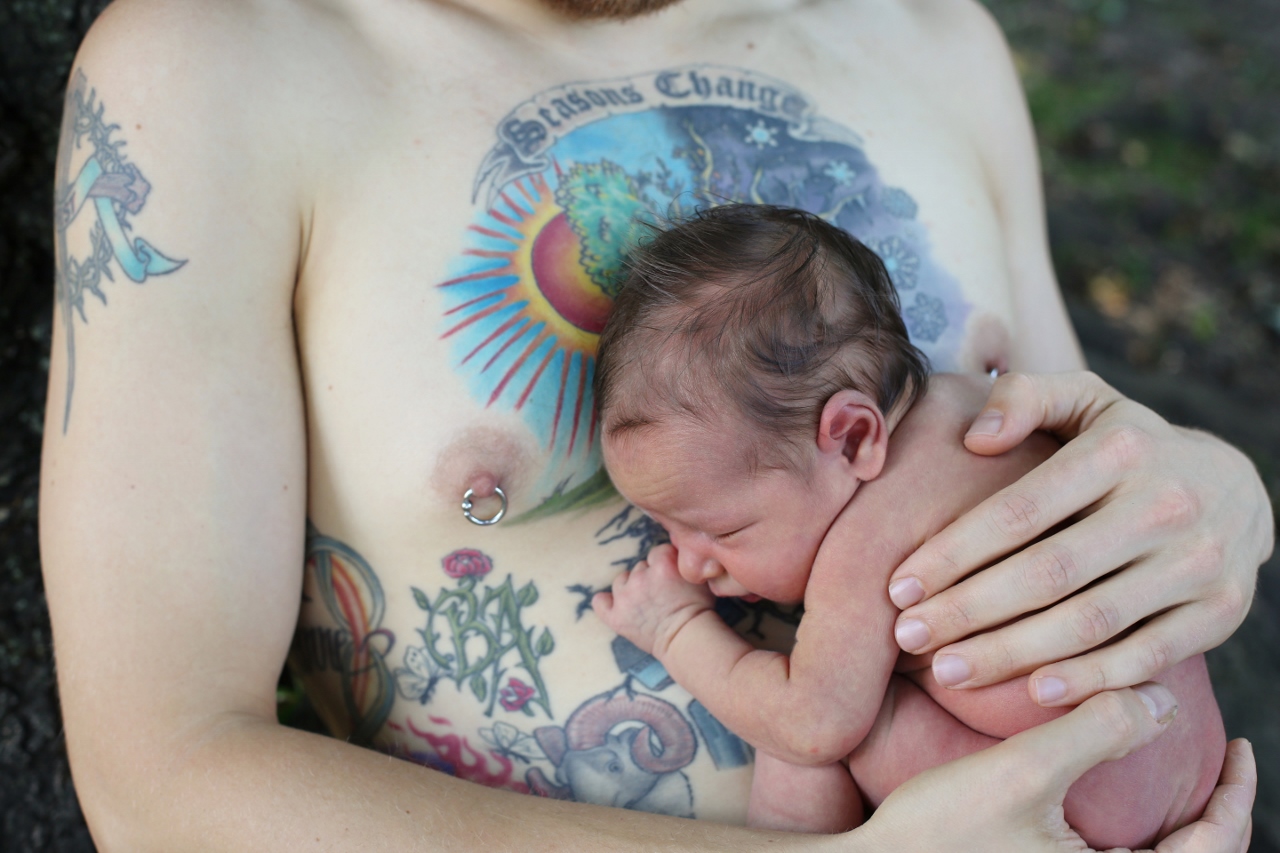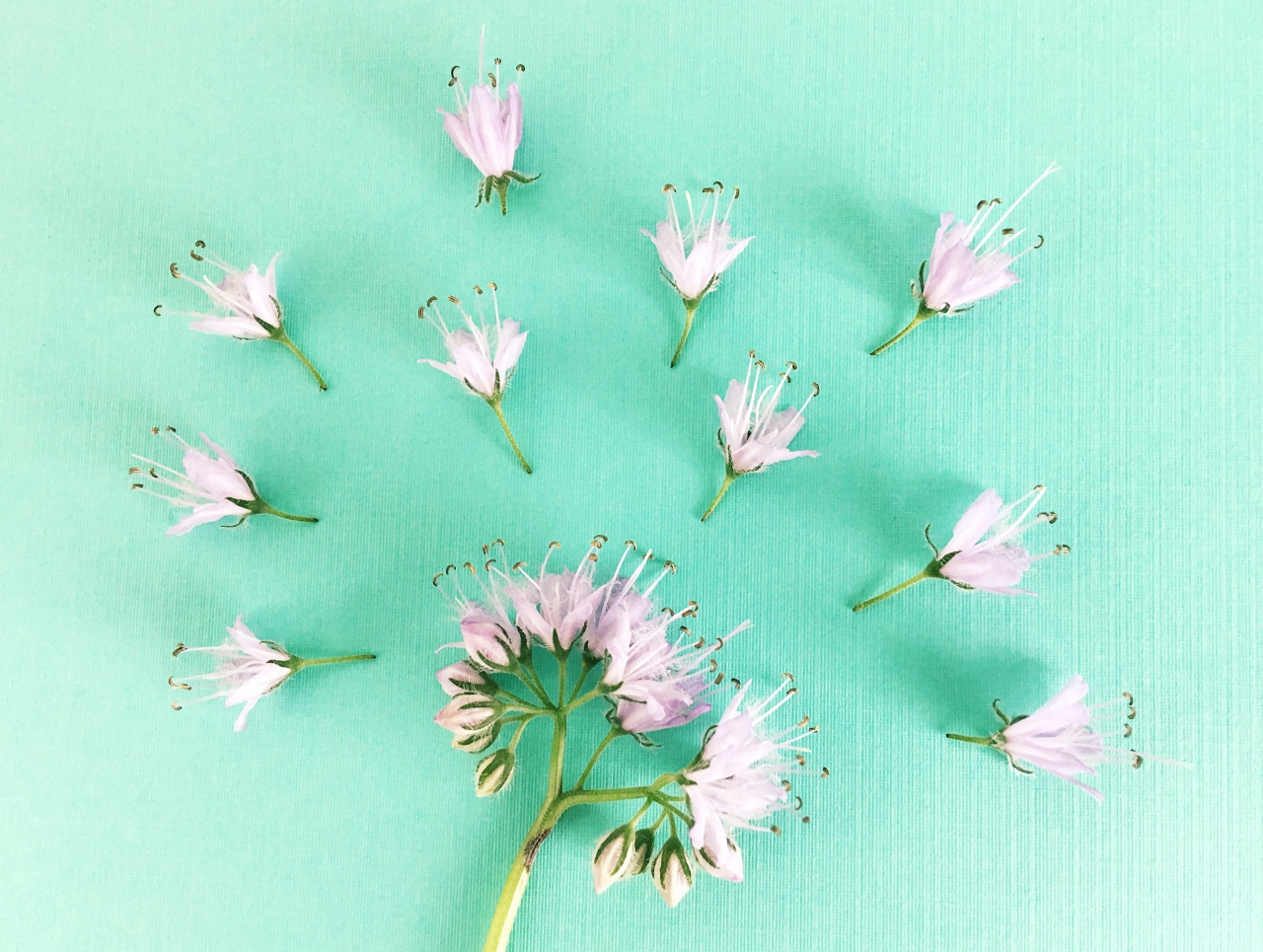
By Milena Nigam
We arrive at the cottage at night, feeling for the gate latch in the dark. Then, with our arms tightly around the two boys, we slowly make our way down the stone stairs through the patio garden. Kamal, my husband, uses his cell phone to light our path in a single, glowing square. A wolf spider freezes above the screen door, and because the kids are with me, I pretend there’s nothing scary about opening a door in the dark when one enormous spider and who knows how many others hidden outside the cell phone light hover within touching distance.
“Do you have the key?” I whisper to Kamal.
“I’ve got it,” he says in his normal voice, the volume exaggerated over the gentle chorus of night bugs chirping from the forest behind us. We all have loud voices in our family: Kamal, Oscar, Simon, and me. In the dark, standing before the empty cottage, Kamal’s voice booms.
“Can I choose my room?” Oscar, our eight-year-old, asks.
“Shh shh shh,” I say, uncertain of being there until we’re inside.
Kamal unlocks the door.
“Ho, ho, here we are,” he says, punching along the wall to flick the light switch.
The inside smells like baked wood, warm air that hovers without circulation. Here we are. Mingling with the ghosts of my family.
•••
My great-grandparents purchased the cottage on Quaker Lake in 1906 and named it Forest Lodge. The story I know is that the cottage was built as a boarding house for the laborers who constructed the first homes around the lake. Before my great-grandparents bought it, the boarding house was split in two, with one half moved onto a neighboring plot of land. Our family’s half has the Great Room: a heavy, smoky space with a floor-to-ceiling fireplace built from the large stones mined around the lake. The Great Room staircase is made of birch logs, the papery bark curling where it has torn, just like the trees outside. Each bedroom has its own corner sink with only a cold water faucet, so small that it takes just the gentlest of fingers to work it. The wood around the sinks blooms in red water stains from a century of washing.
My great-grandparents died when my grandmother was young, but she still spent every summer at the cottage with her older brother and their commanding Grandfather Sisson. When my mom was a child, she and her sister spent one month every summer at the lake; their cousins enjoyed the house for the other month. By the time it got to my generation, we visited Quaker Lake to celebrate milestones: my grandparents’ fortieth and fiftieth wedding anniversaries, the one-hundred-year anniversary of Forest Lodge.
When Kamal and I were first dating, he joined my family at the lake for a weekend before my college graduation in nearby Ithaca, New York. The water was so cold; the spring ice had just recently melted. Kamal loves to swim. He had his bathing suit on that first afternoon, so of course I had to follow, wrapped in my oversized towel, shivering in bare feet on the stone walkway down to the lake. Before I had time to even dip my fingers in to gauge the temperature, Kamal dove off the stiff diving board, large bubbles escaping from his nose underwater. When we returned to the cottage together a half hour later, damp towels hanging heavily around our bare shoulders, Kamal’s black hair tousled every which way into spiky needles, my grandfather greeted us on the porch, rocking on a wicker chair with a golden old fashioned in his hand.
“Kamal, good job,” he said. “You got her in.” My grandmother was in the kitchen, puttering around with dinner preparations. “In every couple, there needs to be someone who helps us more reserved folk have a little fun.”
My teeth chattered. The sun behind us was weak.
“Papa, I just don’t like being cold,” I said.
He smiled at me. “But you had fun, didn’t you?”
•••
My mom’s cousin, Tom, and his wife, Wendy, have owned Forest Lodge for the past twenty years. Tom inherited it from his father, my grandmother’s brother. They are in their late seventies. Owning the cottage is becoming burdensome for them, but they would like to keep it in the family. Kamal and I live in Pittsburgh, a six-hour drive away. Having the house at Quaker Lake would be a dream come true for both of us. We’ve been talking about the specifics over the phone with Tom and Wendy since January. They invited us to spend this week before Labor Day to test it out. Our assumption is that we will buy the house from them in September.
•••
We drop our bags on the floor in the front room and go immediately to the dock to stare across the black water where my grandfather used to dive, where my aunt lost her engagement ring. Outside, the air is still and cool and the kids are finally quiet. Kamal lies on his back on the carpeted boards and searches through the Milky Way, the stars stretching above us in wide, dusty swatches. We go back inside, brush our teeth in the little corner sinks, and fall asleep cocooned within the deeply stained wood slats that make up the floors, walls and ceiling of the second floor.
•••
The last time we were at the cottage, just months earlier, it was a short visit to deliver my mother’s ashes to the family mausoleum in Binghamton, New York. My stepfather saved the last handful to sprinkle into the lake water. Before the sun dropped over the pastured ridge, two perfect rainbows bent across the white sky. Oscar, our older son, had been so in love with my mom that he often misbehaved in her presence. He and I sat silently in our kayaks on the darkening water and watched those rainbows until the moment they were no longer there. I have no belief in God, spend no time in spiritual inquiry. Those rainbows, however, hit me hard, reminding me that there are things in the large, large world we don’t understand. Connections hidden in physics, in chemistry, in the metaphysical. A perfect double-rainbow.
•••
When I wake in the morning, steam is rising off the lake. Simon, our younger son, and I take our breakfast onto the front porch and wrap a fleece blanket around our legs. Oscar and Kamal fish off the dock. They pull something glittery out of the water, and Oscar’s bare feet slap against the stone walkway, then up the porch steps.
“We caught a fish!” he announces, then runs back to the dock. The sun has burned through the morning steam. He and Kamal grasp the slippery body, and Kamal removes the hook. Oscar uses both hands to toss the fish back in the water. He runs back to the porch.
“Can we buy this house?” he asks. “Please?” His front teeth are coming in, squeezing out the space of several lost baby teeth. I love how his tongue smacks thickly in his mouth when he speaks. In September, he will start fourth grade, which was my favorite year in school.
Simon puts down his toast on the blanket. “Please? Can we buy the house?” he asks. Simon is growing his hair long; silky brown chunks hang past his ears. He’ll be in first grade soon. Under the blanket, his skinny legs are warm next to mine.
From the porch, I watch my husband on the dock. He stands still, looking out. A fracking truck rumbles down the narrow road on the far end of the lake.
We told the kids we would make our decision at the end of our stay, that we wanted to enjoy our visit to Quaker Lake without spending the whole vacation thinking about something as huge as buying a house. But of course we’ve already decided.
“I don’t know,” I tell the boys. “Daddy and I will tell you when we get home to Pittsburgh.”
“I think we should buy it,” Oscar says.
“We have to buy it,” Simon says.
The one thing I had been uncertain about was whether I might be scared at the cottage. Whether, without grandparents and parents and my sister and cousins, it would feel too lonely. My mom and grandfather both died during the past year, my grandmother just a few years before them. But it’s not ghosts that I feel at Forest Lodge. Instead, it’s the certainty of history. My family history. And now, looking into Oscar and Simon’s faces, I see it’s their family history. It’s so clearly our futures, too.
•••
We make tacos for dinner. The gas burner ticks and then catches, the flame chasing around the circle until it’s well-controlled. Kamal browns the ground beef while I dice grocery store tomatoes, and we talk quietly about the cottage.
“The drop ceilings have to go,” he says, speaking of the kitchen.
I nod my head yes. “But I don’t want to change the feel in here,” I say. “It’s dated. I love that.” The light wood cabinets have brass fixtures; the countertops are pale yellow laminate threaded in splotchy amber veins. One of the cutting boards is a polished piece of a neighbor’s old diving board. “I remember sitting at the table with Gam and Papa, shucking corn. Eating tuna fish on white bread and drinking 7-Up.”
We count things. Weeks of paid vacation. Weeks of unpaid vacation. Years until retirement. The miles from Pittsburgh. We brainstorm how to spend as many days at the lake as possible.
Tom and Wendy call us after dinner.
“We just want to check in. See how everything’s going,” Tom says. He and my grandmother grew up in Binghamton, only a half-generation apart. Over the phone, he sounds just like her, taking time with his vowels.
“How are you?” Wendy asks, almost in a whisper, like telling a secret she wants to take back.
“The cottage is great,” I tell them. “Just like I always picture it. The boys love it.”
“I’ve asked Jeanie Coughlin to stop by this week to say hello. She was great friends with your mom growing up,” Tom says.
Kamal writes me a note on a pad of paper by the phone. Tell them we’ll make arrangements for me to fly out to Binghamton next week. We can hire a lawyer to draft the sales documents. He’s ready.
Simon comes down the stairs in his fleece skull-and-bones pajamas. He can’t fall asleep. I hold back relaying Kamal’s note to Tom and Wendy. We can figure it out in a few days. After Simon is settled in his bed, Kamal and I tuck under our down comforter. We have to stretch across the king-size mattress to find each other.
•••
On our last morning, we take turns swimming the quarter mile across the lake. I swim first. Kamal ties a rope between a boogie board and the rowboat and pulls Simon, in his bright yellow life vest, behind him as he rows. Oscar paddles his own kayak.
I’ve swum across the lake a handful of times, always an event when we gather at Forest Lodge. Like every other time, I’m nervous before heading out. The water is cold. I push off from the algae-slick ladder and curl up my legs until I’m past the waving underwater plants. I know the fish won’t nibble at my skin as long as I keep moving.
Kamal rows beside me. Oscar shouts he wants to paddle ahead. Simon sings an adventure tune from his board. I do the breast stroke with my head above water, like always. My hands meet in front of me, my arms white beneath the surface. Scoop and glide. I blow out through my mouth but the glacier smell of the water still makes its way into my nose. It’s untouched, primeval. I have swum this length with my mom and my sister, with my stepfather. With my aunt in the rowboat, towels piled on the bench seat beside her.
•••
Before Oscar was born, I had a miscarriage. I was pregnant for thirteen weeks, the second half of the short pregnancy spent holding my stomach against waves of nausea. I bled and then cramped and then lost what had been growing inside me. The depth of loss took me by surprise.
“I don’t understand how I can miss something we never had,” I cried to Kamal from the toilet, blood clotting between my legs.
He kneeled next to me, his fingers stroking the palm of my hand.
“It’s because we’ve lost the future,” he said.
•••
When we get home to Pittsburgh, I email Tom and Wendy to tell them that we absolutely want to buy the house, become the next owners of Forest Lodge. Kamal reaches out to our local real estate agent to understand what needs to be done, even though she won’t be part of the final transaction. I don’t hear anything back from Tom and Wendy, so I wait a few days and try again by email.
Kamal’s schedule at work is pretty open. He can book a flight to Binghamton next week. Does that work for you?
The next night, Tom calls.
“I’m sorry to say we’ve changed our minds,” he says.
On the extension, Wendy speaks at the same time. “It’s just too much, you see.”
“It’s my fault,” Tom continues ahead. “I hadn’t talked clearly with Wendy. It turns out, we aren’t ready to sell the cottage.”
I scan my memory, racing through the many, detailed conversations we’ve had over the past eight months. Tom going over phone numbers for the handyman, for the pest control. Tom and Wendy telling us about the families around the lake, suggesting a summer camp the boys will want to try. Both of them certain that our family will love the lake as much as they have.
Tom slips in, almost as if I won’t hear it, “You see, we decided we couldn’t sell it when our granddaughter visited for the fourth of July. She just loves it too much.”
“But our visit was at the end of August,” I say, finally part of the conversation.
Wendy explains, “We were hoping you wouldn’t like it. Then we never would have to tell you we changed our minds.”
•••
I go through a period of mourning. I don’t know if the loss is more difficult because my mom died the year before, or whether I should know better, having lost my mom so suddenly, that a house is just a house. It’s difficult to tell the kids we will not be buying Forest Lodge. That Quaker Lake is not our home after all. There is an emptiness that precedes me through the parts of each day. It is a painful autumn. November is the anniversary of my mom’s death.
“I could see our retirement,” I say to Kamal. The Steelers game on our neighbors’ TV flickers across our living room windows. This time of year, Tom and Wendy are closing up the cottage for winter. “We’d be there, sitting on the porch, looking across the water while the sun goes down over the ridge.”
“I could see it, too,” he says.
•••
MILENA NIGAM is a Pittsburgh-based writer and a 2016 fellow at the Virginia Center for Creative Arts. She was a finalist in Cutthroat Journal’s Rick DeMarinis 2014 short story contest, and her work has appeared in Slice, The Fourth River, Lunch Ticket, Hippocampus Magazine, and elsewhere. She is currently an editor at Halfway Down the Stairs and has recently completed a collection of short stories.

 Follow
Follow
